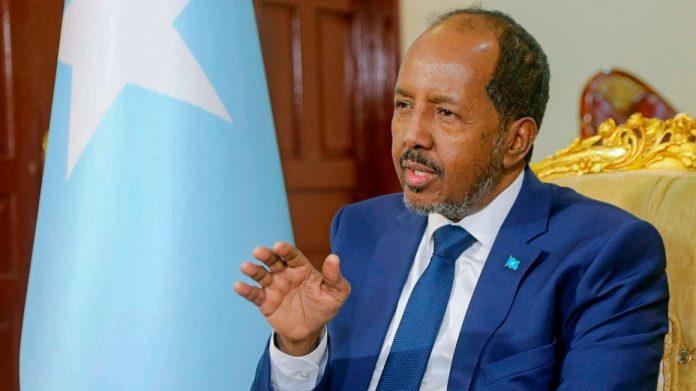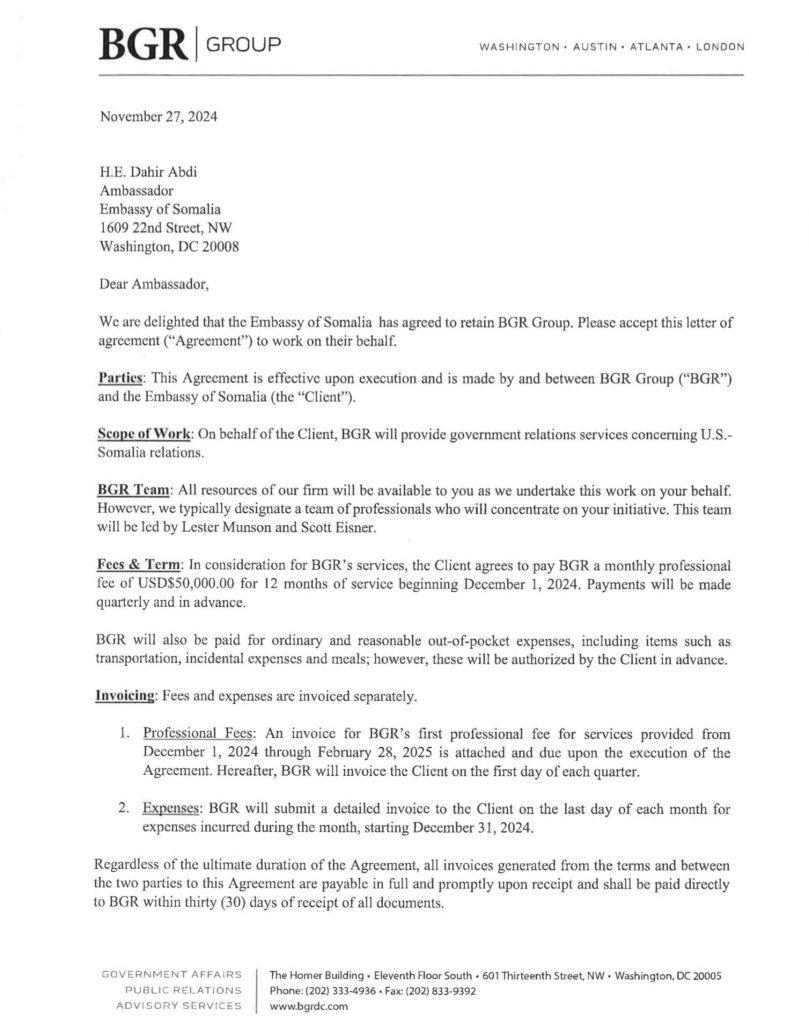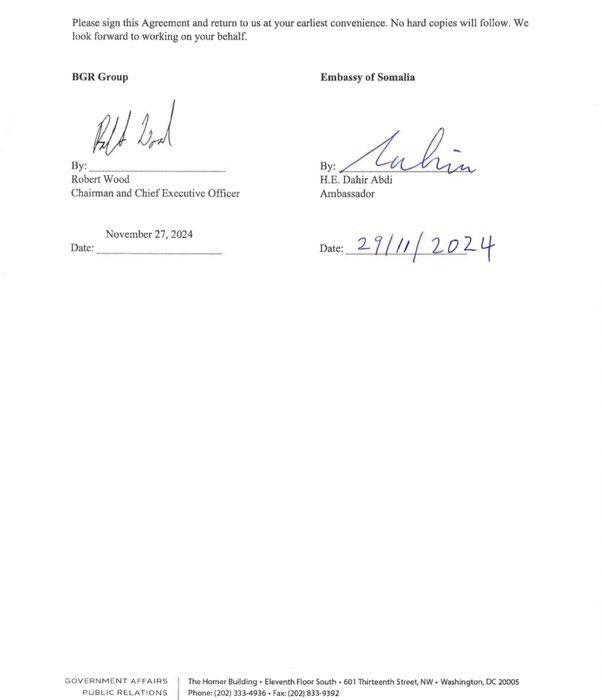
By: Staff writer
Mogadishu’s administration has once again come under scrutiny for its controversial use of foreign aid. Recently signed agreements have revealed that Somalia’s government has hired the high-powered U.S. lobbying firm BGR Group at a staggering cost of $50,000 per month. This deal appears to be aimed at countering Somaliland’s legitimate efforts to gain international recognition.
The decision to allocate substantial funds toward lobbying efforts comes at a time when Somalia is grappling with numerous internal crises, including humanitarian emergencies, economic instability, and ongoing security challenges. Critics argue that such expenditures represent a gross mismanagement of foreign aid, which is intended to alleviate the suffering of Somalia’s population and strengthen its governance.
This move coincides with recent developments in the U.S. Congress, where Congressman Scott Perry introduced a bill supporting Somaliland’s pursuit of independence. The bill highlights Somaliland’s democratic governance and stability, positioning it as a beacon of progress in a region plagued by conflict. In contrast, Somalia’s central government has consistently sought to undermine Somaliland’s international standing, despite the Somaliland’s proven record of peace and stability.
Observers argue that Mogadishu’s decision to funnel foreign aid into costly lobbying campaigns reflects misplaced priorities. Rather than addressing pressing domestic issues—including widespread poverty, food insecurity, and the persistent threat of extremist groups—the administration appears fixated on sabotaging Somaliland’s growing international credibility.
Letter : Agreement Between Somalia government and BGR Group


An anonymous source close to the Somali government has provided letters confirming the deal with BGR Group. In one letter, signed by Somalia’s Ambassador to the United States, Dahir Hassan Abdi, and Robert Wood, Chairman and CEO of BGR Group, the government outlines the terms of the $50,000 per month contract, which is intended to bolster Somalia’s position in international forums regarding Somaliland. The firm is tasked with providing strategic lobbying services to advocate for Somalia’s territorial integrity, including media outreach and direct lobbying in Washington, D.C.
This latest controversy has sparked renewed debate over the accountability of Somalia’s government and its use of international financial assistance. As humanitarian needs escalate and the country’s internal crises remain unresolved, the decision to spend millions on lobbying firms raises serious ethical and practical questions.
The Somali people and international stakeholders may now demand greater transparency and accountability from Mogadishu to ensure that foreign aid serves its intended purpose: improving lives, fostering stability, and addressing the critical needs of Somalia’s population.
SOURCE:HORNDIPLOMAT







